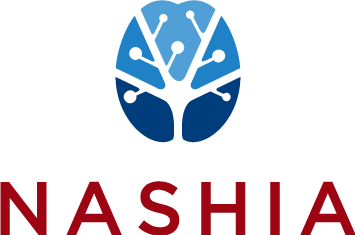You Can Work After Brain Injury: Employment Planning While Receiving Benefits
You may have heard this statement: employment is a social determinant of health. What does that mean, specifically? According to the Centers for Disease Control and Prevention, social determinants of health (SDOH) are nonmedical factors that influence health outcomes. They are the conditions in which people are born, grow, work, live, and age. It is reasonable to assume that individuals who engage in work may experience better wellbeing. Social connections, the benefits of a routine, performing work one enjoys, greater self-confidence – these are all examples of factors that may contribute to a meaningful life after brain injury. And access to additional monthly income may allow individuals to purchase health-related items or services.
In a Disability Employment Technical Assistance Center (DETAC) brief, NASHIA Director of Community Integration Jill Ferrington discusses the benefits of working, despite challenges brought on by brain injury, as well as strategies for success. This brief focuses on considering work while also receiving federal disability benefits through the Social Security Administration (SSA). TBI grantees are asked to share this resource with key partners and request their assistance with dissemination to people with brain injury who are also beneficiaries of SSA.

